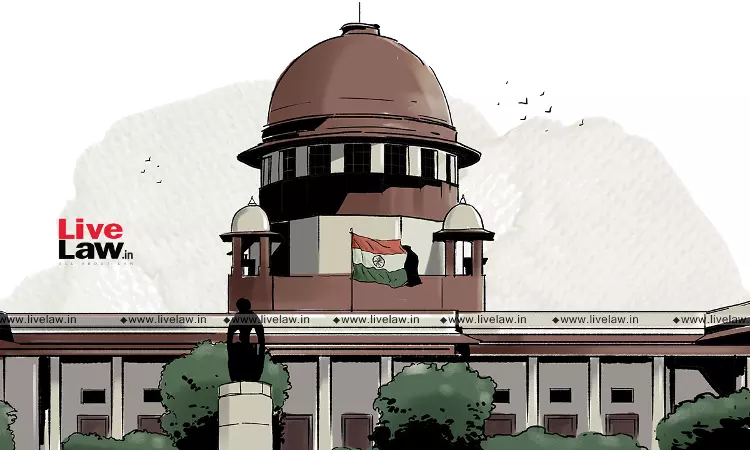The Supreme Court today (November 12) gave one last chance to the Union Government to file a fresh affidavit in a petition seeking comprehensive victim protection protocol for victims of sex trafficking. The Court noted that the amendments made to the National Investigation Agency Act may not serve the purpose of protection, as the NIA can at best prosecute the offenders. The Court also...

